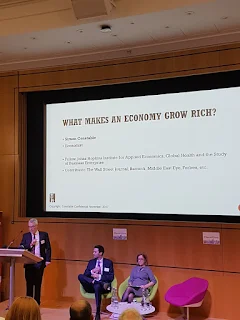By SIMON CONSTABLE
The VIX is the label people commonly use for the recently renamed Cboe Volatility Index. What else it is isn’t always clear to investors.
The problem is that the VIX has become something of a Rorschach inkblot, with people projecting meaning into the index that perhaps isn’t there, such as signs of an impending market crash. Read more here.





















.jpg)


